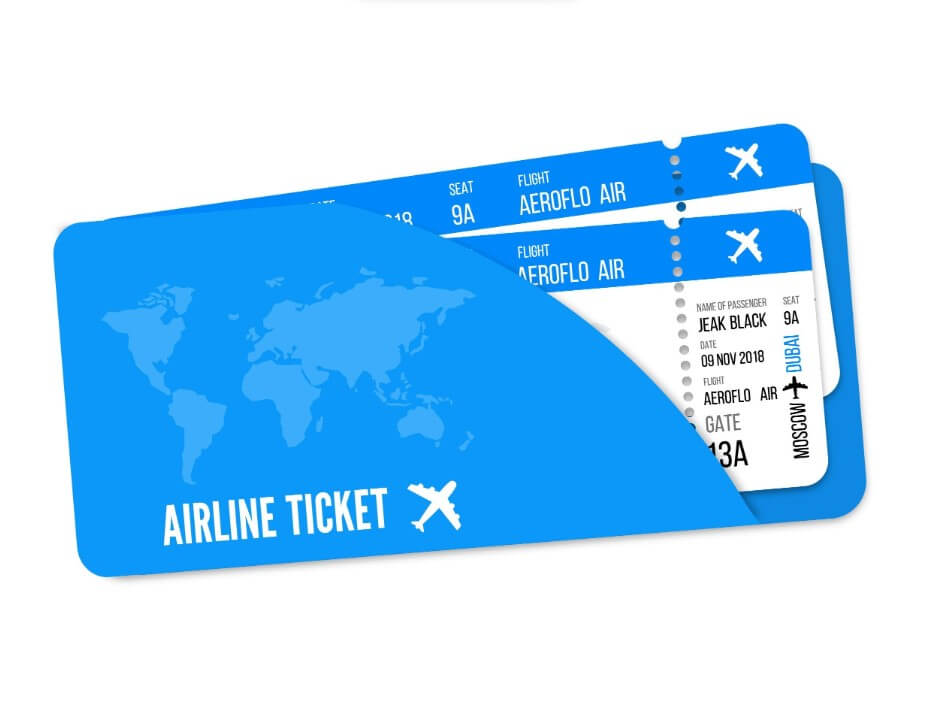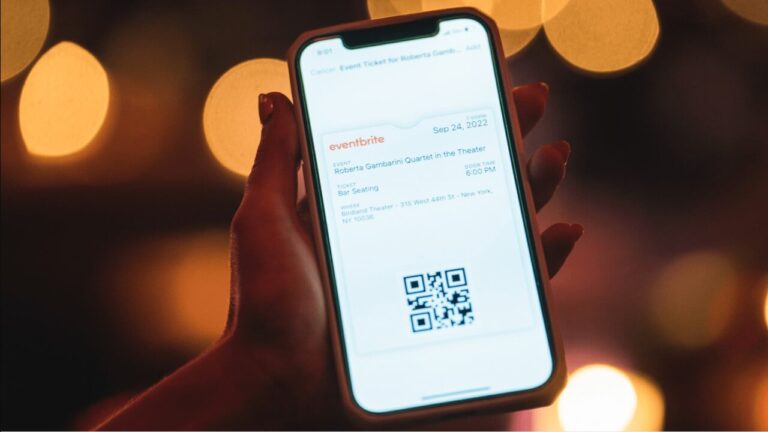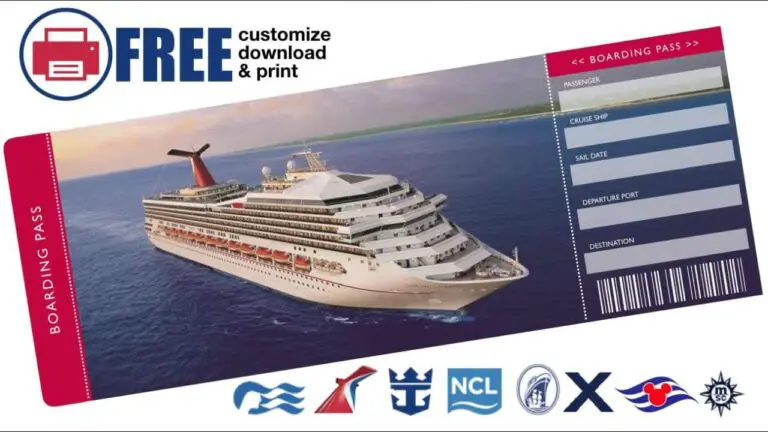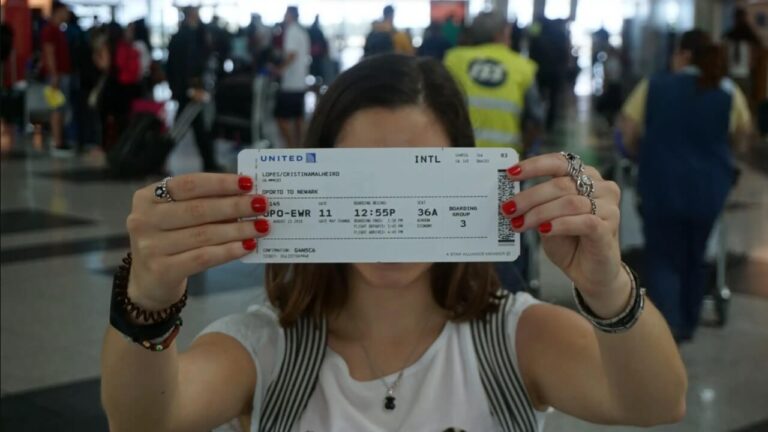
Have you ever booked a flight, only to have something come up that prevents you from taking the trip? As a frequent traveler, I’ve been in this frustrating situation several times. When an important work project got moved up at the last minute, a family member fell ill, or other unforeseen circumstances popped up, I’ve been left scrambling to figure out what to do with my non-refundable airline ticket.
The most common question in these scenarios is – can I transfer my airline ticket to someone else if I can no longer take the flight?
The short answer is: it depends.
Airline policies on ticket transfers vary widely. While most major U.S. carriers do not allow transfers, some international and low-cost airlines provide more flexibility. In this comprehensive guide, we’ll cover:
- Which airlines allow ticket transfers and name changes
- What constitutes a “transferable” ticket
- The step-by-step process for ticket transfers
- Rules, restrictions, fees, and deadlines associated with transfers
- What to do if your ticket is non-transferable
- Frequently asked questions on transferring tickets
Let’s dig in!
Which Airlines Allow You To Transfer Tickets?
When it comes to changing the name on an airline ticket in the United States, you generally don’t have much luck with major carriers. Delta, American Airlines, and United – the big three U.S. airlines – typically do not allow ticket transfers or name changes under any circumstances. They have very rigid policies in place largely centered on maximizing revenue.
However, there are some exceptions among low-cost and international carriers:
- Frontier Airlines – Allows name changes on tickets for a $75 fee
- JetBlue – Rumored to permit changes for $150 fee but not confirmed
- easyJet – UK-based airline allows changes for £49-£55 fee
- Ryanair – European low-cost airline permits changes for varying fee
- Wizz Air – Hungary based carrier charges €45 or more
- Aer Lingus – Irish airline allows changes for around $157
- Air Arabia – Mid-east airline has free changes within 24 hours, then ~$46 fee
- Transavia – Netherlands budget airline charges €50 fee
- Vueling – Spain’s low-cost airline has terms for free or €50 changes
The key aspects many of these airlines have in common are:
- They tend to be budget carriers rather than full-service airlines
- There are almost always fees involved to change the ticket name, unless done quickly after booking
- Policies are still airline-specific so must check carrier rules
In addition to the airlines allowing transfers above, some other circumstances where ticket transfers may be permitted include:
- Part of a vacation package booking
- Travel within the European Union (EU) may provide protections for name changes
- Tickets marketed as “companion” fares without passenger names
So while most major airlines in the U.S. still take a hardline stance, there are a growing number of exceptions where carriers demonstrate some flexibility with ticket transfers and name changes.
What is a Transferable Airline Ticket?
A transferable airline ticket refers to a booked ticket that allows for the passenger name to be changed and transferred to another person if needed.
Here are some key characteristics of transferable tickets:
- Can be reassigned to another traveler if original passenger unable to take booked flight
- Terms and fees vary across airlines but transfers are generally permitted
- Provides important flexibility for travelers if situations change
Meanwhile, non-transferable tickets cannot have the passenger name changed for any reason. This more rigid “use it or lose it” policy means:
- Name cannot be altered on the ticket under any circumstance
- Only option if unable to travel is to cancel ticket and forfeit value
- No way for another person to utilize ticket instead
For consumers, transferable airline tickets deliver important protections and options if something unexpected pops up before your trip. It ensures the ticket value does not simply vanish.
Yet for airlines, transferability represents potential lost revenue if tickets can be freely reassigned instead of additional seats being purchased at potentially higher last-minute fares.
This revenue maximization strategy remains prevalent among the major U.S. players, though consumers enjoy greater flexibility with international low-cost airlines adopting friendlier change and transfer policies.
How To Transfer A Plane Ticket To Another Person?
If your booked ticket does allow for transfers or name changes, what’s the process to complete the change?
Here are the standard steps to transfer an airline ticket into someone else’s name:
- Initiate the process on the airline’s website under the “Manage my Booking” or “Modify Reservation” sections.
- Provide the 6-character confirmation code for your booking when prompted.
- Input the exact full name of the new passenger you wish to transfer the ticket to.
- Enter payment details for any transfer fees assessed by the airline.
- Review new ticket information with the name change.
Alternatively, if the transfer cannot be completed online, you’ll need to call the airline’s customer service number directly to speak with a representative about reassigning the ticket.
Whenever a name change or ticket transfer is allowed, additional passenger details and identification must also be provided to update the booking.
Fees are additionally charged for most airline ticket transfers, depending on carrier. Some airlines also require changes to be made a set period of time before departure – for example 48 hours.
So while less restrictive than completely non-transferable tickets, passengers looking to transfer a ticket to another traveler still face limitations and airline-imposed costs in many cases.
Can Tickets Be Transferred Between Airlines?
For travelers researching ticket transfer options, a common follow-up question is:
Can I change the airline, not just the passenger name, associated with my booking?
Unfortunately, the answer here is a definitive no. Transferring a ticket from one airline to an entirely different carrier is never permitted under any circumstance.
The key reasons inter-airline transfers do not happen include:
- Airline ticketing systems are completely independent and non-compatible with other carriers
- Inventory and seat availability differ across airlines
- No mechanism exists for airlines to exchange tickets booked on competitor airlines
In 100% of cases, a ticket is only valid for the specific airline it was originally booked with. Any name change or transfer of a ticket only applies to the same airline. There is no system for transferring airline ticket value or reservations between unrelated companies.
If your ticket is non-transferable however, you typically still have the option to cancel your flight and then rebook with a completely different airline. This would involve redeeming any residual value of the first ticket towards a brand new reservation.
But the original ticket itself cannot be directly swapped between airline companies or transferred across different carriers.
What If I Can’t Transfer My Plane Ticket?
For travelers who booked non-transferable and non-refundable tickets, you still may not be fully out of luck in every scenario. Here are some alternative options if your carrier does not permit direct ticket transfers or name changes:
Change Flight Dates on Existing Ticket
Most airlines will allow you to change the flight dates, routes, or times associated with your booking for an additional fee or fare difference – even on basic non-transferrable tickets. While you cannot give the ticket itself away in this situation, you can at least modify your own travel dates using the existing reservation.
Policies and fees vary widely on flight date or routing changes based on the airline, fare rules, and lead time before travel so terms must be checked. But when transfers are impossible, this can provide an alternative way to reuse the ticket value.
Cancel Ticket for Future Travel Credit
If modifying your flight dates won’t address the reason you cannot travel (e.g health issues), airlines will typically allow even basic non-transferable tickets to be fully cancelled in exchange for an airline credit.
While terms and fees apply here as well, cancellation for future travel credit on the airline is usually an available option in lieu of ticket transfers for people who cannot fly at all. Just be aware credit expiration dates vary so the rebooked flight must occur within 6 months to 2 years in most cases with the same airline.
Explore Gifting Ticket to Charity
Finally, an outside-the-box idea for basic non-transferrable tickets is gifted them unused to a charity organization. Some non-profits accept airline ticket donations that they can then auction off or bundle into packages supporting their cause.
While likely resulting in zero monetary value back to you, it does provide a way to avoid an unused ticket going to outright waste – which may be preferable if you cannot travel and transfers are impossible.
When Can Tickets Be Transferred?
For airlines that do allow name changes and ticket transfers, there are almost always specific restrictions and windows when such changes can occur:
- Must happen before online check-in opens (typically 24 hours before departure)
- May not be allowed less than 72 or 48 hours before scheduled departure
- Group bookings often have more flexibility for name changes
- Changes in first 24 hours can bypass fees in some cases
Additionally, inventory and prices can fluctuate so close to departure that potential fare differences may apply with late ticket transfers. Most airlines will require tickets to be “reissued” at the current ticket prices with passenger name changes.
The specifics on blackout windows, fees/fare rules, and Group booking transfer policies depend fully on the airline. But across the industry, airlines aim to cutoff changes at least 24 hours before flight time when check-in and manifest reporting happens.
Savvy travelers or those with flexibility should aim to initiate any ticket transfers desired at least a few days before takeoff due to the restrictions in alteration windows.
Airlines That Allow Ticket Transfers
To summarize, the only U.S. airlines that demonstrate some flexibility for changing passenger names – either as a ticketing transfer or name change – are as follows:
Frontier
Permits name changes for $75 fee
JetBlue
Rumored to allow changes but requires confirmation
The following International carriers demonstrate ticket transfer options:
Aer Lingus
Name changes allowed for ~$157 fee
Air Arabia
Free changes allowed within first 24 hours only
easyJet
Changes permitted for £49-55 depending on method
Ryanair
Name changes allowed but fees vary based on timing
Transavia
€50 fee for name change
Vueling
Free changes allowed within 24 hours, then €50 fee
Wizz Air
Charges €45 or higher depending on routing
Other situations where ticket reassigning may be possible:
- Part of vacation package booking
- Travel within European Union with consumer protections
- Companion fares with no passenger name requirement
But all policies vary airline to airline so travelers should verify directly with their carrier and booking terms first.
Frequently Asked Questions About Transferring Tickets
Here are answers to some common questions that arise around changing passenger names or looking to transfer airline tickets:
Can a ticket be transferred to someone with a different citizenship/nationality?
Likely yes – passenger citizenship itself is not commonly a factor airlines consider when doing name changes on bookings if transfers are allowed by that airline. Drivers license or passport details would just need to be updated in the system by the new passenger. As long the name change fees and terms are followed, the nationality of the new ticket holder is rarely relevant. But visa requirements should always be reconfirmed when transferring tickets across nationalities.
What if prices changed and my ticket fare is lower than current pricing – can it still be transferred?
Unfortunately ticket transfers must account for current market pricing – so if your original ticket is a lower price than what the airline now sells that flight for today, it typically requires re-pricing at the current (higher) cost. Airlines will issue a credit for future use based on the original ticket to offset this fare difference, but the new passenger must cover the going rate for that flight.
Can I transfer my ticket to someone in another country?
Yes, transferring a ticket to someone located in another country should be fine. No geographic restrictions commonly exist around what nation the new ticket holder resides in. The new passenger would just need to provide local contact details and identification. But always double check visa/entry documentation when transferring tickets abroad.
If I booked multiple travelers initially but then need to change just one, does that involve a transfer fee?
Great question – it depends on the airline policy but some carriers allow you to change just one passenger from the original booking without considering it a “transfer with fees”. As long as one member of the original traveling party remains on the booking, other passengers can be swapped for free in some cases. But policies vary greatly so verify directly with your airline.
What if I run into an emergency and need to urgently transfer my ticket – are exceptions made?
While we wish airline policies had more flexibility for emergencies, typically they do not consider personal situations as a reason provide exceptions to transfer rules or fees. However it cannot hurt to emphasize the urgent emergency at hand when requesting the last minute changes. Some airlines report agents helping on a case by case basis if unique transfer needs arise with short notice required and fees involved. But no guarantees.
Can I list my non-transferrable ticket for sale to try recuperating some costs?
No – reselling or transferring any financial ownership of a ticket you purchased against airline terms is never permitted. Non-transferable tickets that have your name printed at time of purchase remain valid for your travel only except through approved cancellation, refund, or expiration rules governed by the airline. Any transfer attempts can violate the carrier’s contract of carriage.
Conclusion
Hopefully this comprehensive guide provides clarity on the perpetually confusing question around airline tickets: can I transfer my flight booking to another passenger if I’m unable to travel?
While around the world the answer leans towards “no”, we reviewed notable exceptions among U.S. low-cost and international carriers demonstrating transfer flexibility – even if fees may apply.
We also covered key considerations around:
- What constitutes a transferable airline ticket
- The step-by-step process to transfer a booking
- Rules and restrictions governing ticket changes
- Options even when transfers impossible
So while the airline industry remains revenue-focused with restrictive policies, consumers have an increasing handful of carriers to choose from worldwide that allow important modifications like ticket transfers and name changes.
Just be certain to understand the nitty gritty details with your airline ahead of time when booking flights for maximum flexibility. Safe travels!






